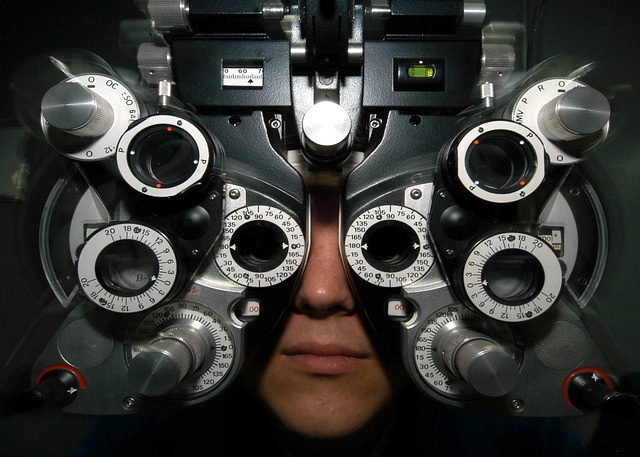The question “What keeps you from telling your story?” was asked recently in the diabetes online community. And it got me thinking.
About the same time a call went out asking for personal experiences having to do diabetes-related eye conditions.
I almost didn’t respond.
You see, I did experience a weird episode with my vision since being diagnosed. But it literally cleared up overnight. And there’s no indication that any permanent damage was done in any of my annual eye exams since.
So I don’t think of it as a complication as much as an incident.
One evening, after a particularly stressful day at work, my sight was disrupted with what looked like black paint dripping. My eyeball looked normal but what I was seeing wasn’t normal. I called the advice nurse and by the time I saw the ophthalmologist the following morning the streaks were all gone and my eyeballs were back to normal.
My story doesn’t have any drama or tension. The advice nurse and ophthalmologist did their jobs. I had insurance which covered the cost of the short notice exam by a specialist. I lived in a metro area where the specialist I needed was close by. My sight went back to normal. Everything worked out okay.
So I questioned whether to share my story. Would my story be useful? Would it help others understand anything about eye health and diabetes?
But then it occurred to me: representation matters.
And representation cuts both ways.
We need to hear about the full range of people’s diabetes experiences. Not just the dramatic, but also the mundane.
We need to see the good along with the bad.
We need to know that the medical system can work as we expect it to and insurance will cover the cost.
We need to know all that is possible. Not just the scary or heartbreaking. Full representation matters.

